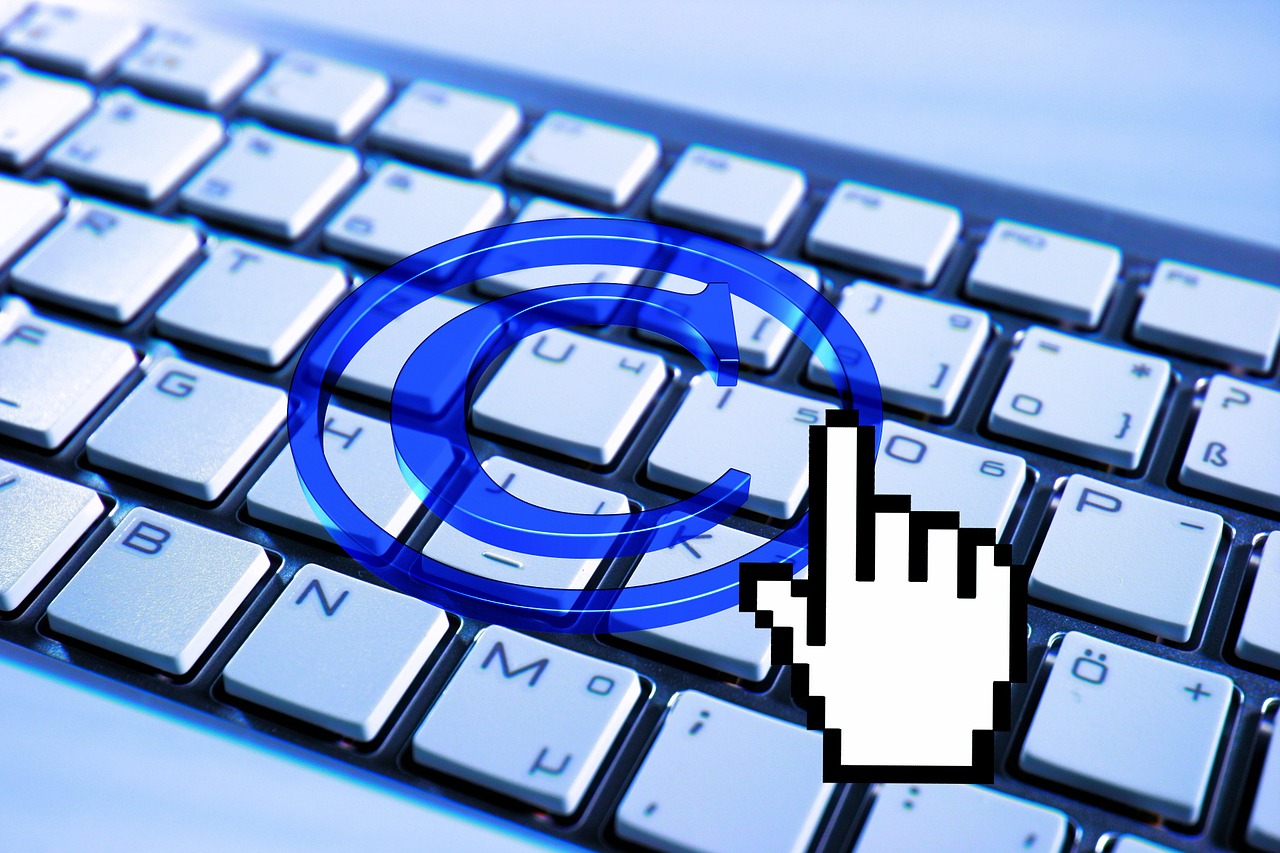
Most companies in tech run on the creativity, skills, and ingenuity of the teams that work hard in the background to produce impressive and desirable products. Now whether your main focus is software development, gadgets, or online platforms (just to name a few of the multitude of paths one can take in the diverse world of technology), the company and the people have to work hard and invest effort and funds to create high-quality products.
And this is absolutely normal, considering just how competitive this niche really is. However, not all players follow the same rules. For some, it’s a lot easier to find vulnerable products (as in not protected by legal tools) and copy them. Next, they will pass the copy (with slight changes) as their own creation, leaving the actual creator without the possibility to profit from their efforts and investment.
Therefore, when you think about starting a tech company, it’s best to consult with a legal firm specialized in Intellectual Property (IP) protection, like Heer Law. With their help, you will discover the main vulnerabilities in your products (existent or future) and will receive guidance as to how to best protect your interests in a highly digitized world.
The Main IP Protection Legal Tools
The main tools a tech company can use to protect their intellectual property are:
- Patents
- Trademarks
- Copyrights
- Trade Secrets
You probably have heard of them, but you may be confused as to what each of them represents and how they may be of use.
Let’s take them separately and give a brief description for a better understanding:
Patents
These tools are useful for protecting inventions (machines, processes, new materials, proprietary methods of doing/building something, and so on) like the iPhone, GPS, or the quadcopter drone.
Keep in mind: A patent will not protect an image or a text from being reproduced after being released online.
While patents are a great tool, they can also be quite expensive and time-consuming to get. Therefore, it’s important to make sure you understand all the aspects of the process and check if it’s the right tool for your needs.
Trademarks
This tool is extremely useful in protecting a brand’s unique image (logo, symbol, text, or all these elements put together). Famous trademarks are everywhere, starting with Nike (who has several) and other big names that don’t need more than a logo to be identified at a global level.
Copyrights
This tool is designed to protect authors of original works (literary works, speeches, music compositions, photos, graphic designs, and many more) from having their work copied and distributed without permission.
Copyright law is quite often found in the news or all sorts of articles online since there are plenty of cases of infringement. Moreover, due to copyright laws, Google and other big online platforms make sure to specify if the item you are trying to share (image, video, text, source code, and so on) is protected by copyright or if it’s free for use (Public Property or under Creative Commons License).
Trade Secrets
These are processes and methods that work for a specific company in a specific niche (why they are called secrets of the trade, after all) and were discovered through research, trial and error, or other methods. Trade secrets don’t have to be published (as it happens with the other tools mentioned above) and can be kept indefinitely. However, another company is free to work on their own and discover them as well.
In Summary
These tools are efficient in protecting a business’s way of making a profit, but only if used correctly. For instance, IP laws are different from one country to another, which means that companies with a global presence must file for protection at an international level. Therefore, unless you already have the necessary legal knowledge, it’s best to find a reliable specialist who will provide guidance along the way.


